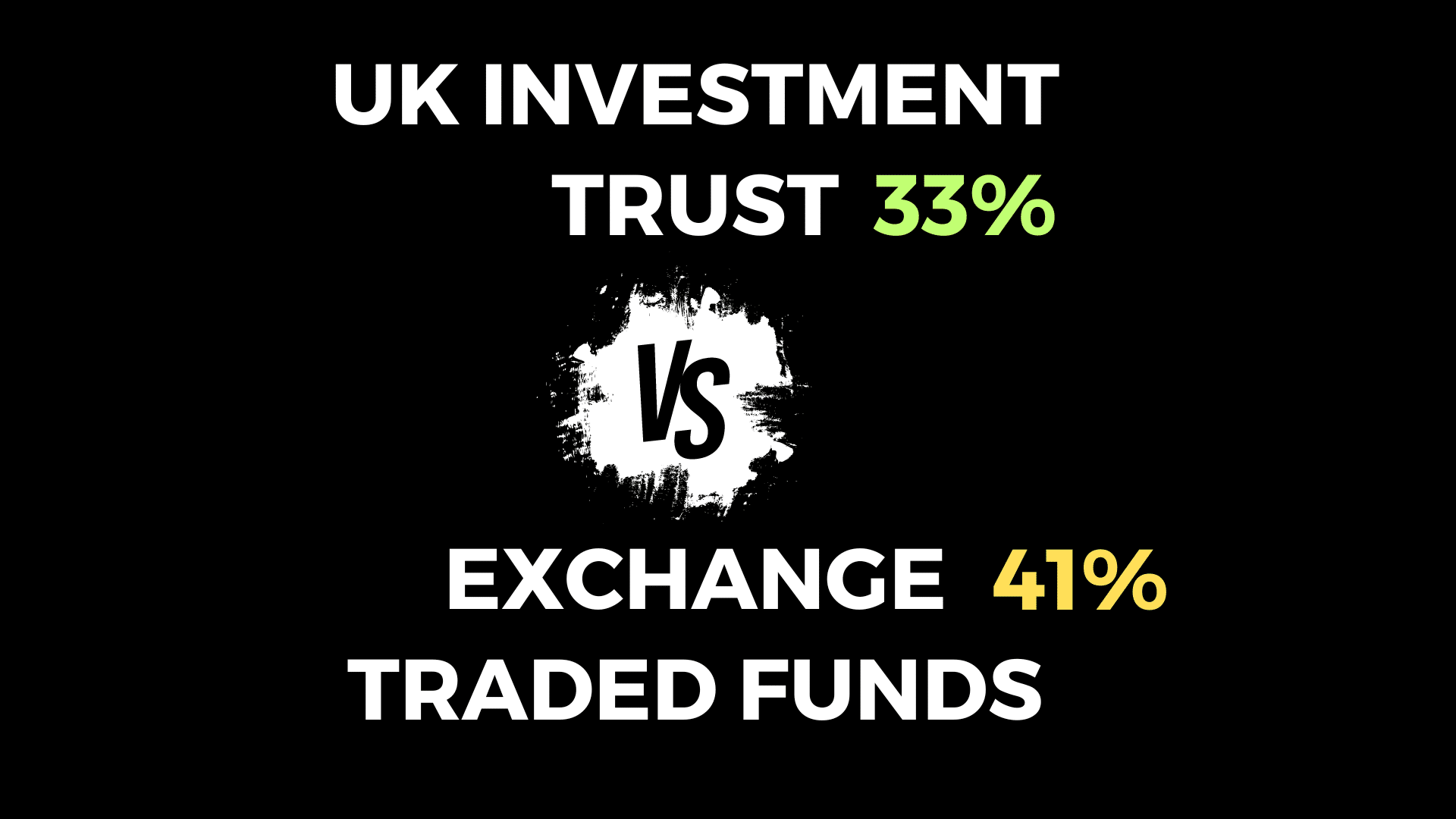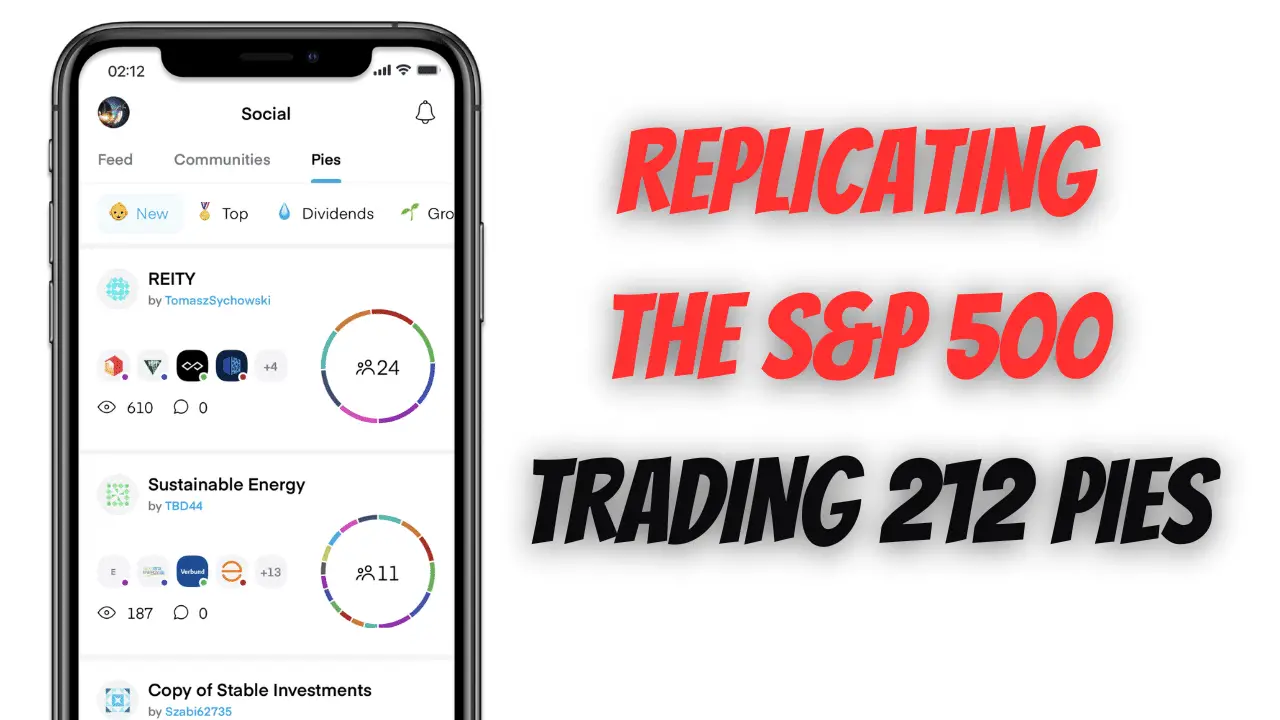Vanguard is one of the biggest issuers of ETFs in the world and they offer many ways for investors to invest in popular indexes such as the S&P 500 and FTSE 100.
For new investors, it can be a bit daunting when trying to decide what ETF to invest in when they see several ETFs such as VUSA, VUAA and VUSD which all are set up to track the S&P 500.
In this blog post, I will take you through an explanation of what the key differences are between these three ETFs (VUSA, VUAA and VUSD).
Summary of Key Differences
| VUSA | VUAA | VUSD | VUAG | |
|---|---|---|---|---|
| Accumulating or Distributing | Distrubuting | Accumulating | Distributing | Accumulating |
| Trading Currency | GBP | USD | USD | GBP |
| Base Currency | USD | USD | USD | USD |
| Passive or Active Fund | Passive | Passive | Passive | Passive |
| Charges | 0.07% | 0.07% | 0.07% | 0.07% |
| ISIN | ISIN: IE00B3XXRP09 | ISIN: IE00BFMXXD54 | ISIN: IE00B3XXRP09 | ISIN: IE00BFMXXD54 |
| Performance last 12 months (Aug 2022) | 6.97% | -7.03 | -8.18% | 7.88% |
As shown in the table above the 4 funds are very similar, they are all passive funds and have the same expense ratio of 0.07%.
The key considerations you need to take into account are what trading currency you want to invest in and whether you want a fund that is accumulating or distributing.
If you want a bit more detail on the funds and how they operate, you should check out the KIID (Key Investor Information Document) through the below links.
Key Investor Information Documents; VUSA & VUSD, VUAG & VUAA.
Why the performance of VUSA, VUAA, VUAG and VUSD is different
The two main reasons why you will see differences in returns on VUSD, VUAA, VUAG and VUSD are; foreign exchange movements on GBP/USD currency pair and whether the fund is accumulating or distributing.
Over the 12 months to August 2022 Distributing fund VUSA/VUAG returned 6.97%/7.88% respectively which are both denominated in GBP, whereas the equivalent fund VUSD/VUAA funds which are denominated in USD had a negative return of -8.18%/-7.03% respectively.
This was due to the strengthening of the dollar against the pound over the last 12 months. 1$ would get you £0.73 in August 2021 and now it will get you £0.85 in August 2022.
Just to be clear though this doesn’t mean that overall VUSA/VUAG performed much better in real terms. This is because VUSD and VUAA don’t price in the forex movement into the returns. You will realise the dollar appreciation or depreciation only when you exchange the dollar back to your local currency at the time you decide to sell your investment.
The Accumulating fund VUAA performed slightly better than the VUSD fund (both denominated in USD) because all dividend income earned by VUAA is reinvested rather than distributed to investors. This reinvestment in funds leads to slight outperformance due to the compound growth of this reinvested capital.
This was also true for the GBP versions of these funds VUSA and VUAG.
Accumulating vs Distributing
One key consideration when choosing what kind of S&P 500 tracker to choose when you are investing is whether it is an accumulating or distributing fund. A distributing fund will pay you regular cash dividends, whereas an accumulating fund will reinvest these dividends for you. Which you choose will be down to personal preference.
There may be an added tax benefit to investing in the accumulating funds – in some tax jurisdictions such as Ireland income reinvested by accumulating funds is allowed to grow tax-free until the time the investment is disposed of.
It is worth checking out what the tax setup is in your country before choosing which fund to go with.
Fees
The expense ratio on all of the funds is set at the exact same rate of 0.07% therefore there is no need to worry about choosing a fund that is overly expensive.
The reason the fees are so low is due to these funds all being passive fund that is set up to purely track the performance of an index. This is compared to an active fund which sets out to try and outperform the index and ends up having much higher fees as they have to pay analysts and fund managers to come up with and execute strategies to achieve this.
Disclaimer: This blog post is for informational and educational purposes only and should not be construed as financial advice.







